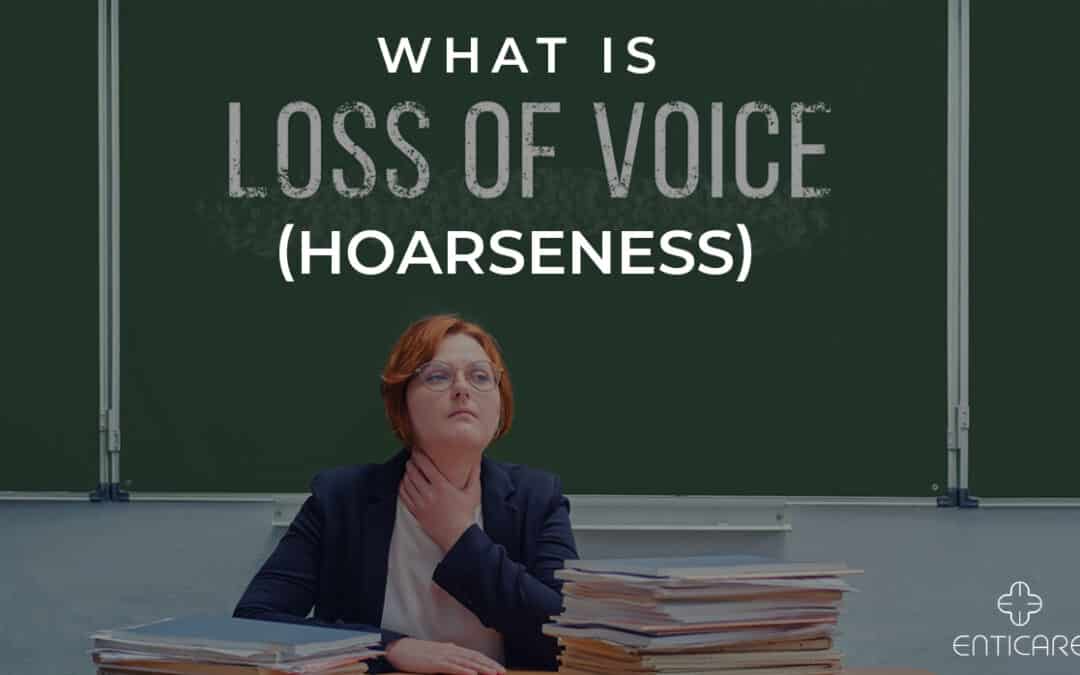Hoarseness, a condition marked by a raspy or scratchy voice, can affect anyone, regardless of age or gender. While often not serious, it can be frustrating. Discover the causes, symptoms, and treatment options for hoarseness to regain control of your voice.
The human voice is produced by the vibration of the vocal cords, which are two folds of muscle located in the larynx (voice box). When the vocal cords are healthy, they produce clear and smooth sounds. However, when they are damaged or inflamed, they produce hoarse sounds instead.
Common Causes of Hoarseness
Hoarseness can be caused by a variety of factors, including:
- Laryngitis: Inflammation of the larynx due to viral or bacterial infections.
- Voice Abuse: Overuse or misuse of the voice, like shouting or singing without proper training.
- Acid Reflux: Gastroesophageal reflux disease (GERD) causing acid to irritate the vocal cords.
- Thyroid Problems: Disorders like an enlarged thyroid or thyroid nodules.
- Cancer: Tumors affecting the vocal cords or surrounding areas.
- Allergies and Dehydration: Resulting in inflammation and dryness of the vocal cords.
Symptoms may include:
In addition to a change in voice, other symptoms of hoarseness may include:
- Throat pain or discomfort
- Persistent cough
- Difficulty swallowing
- Feeling of a lump in the throat
- Breathing problems
Diagnosis of Hoarseness
For accurate diagnosis and treatment, consult our providers at Enticare. Diagnosis may involve throat and larynx examination, sometimes requiring visualization of vocal cord movement.
Treatment options vary based on the cause:
- Voice Rest: Avoidance of activities straining the voice.
- Medications: Including anti-inflammatories or antibiotics for infections.
- Surgery: Removal of growths or polyps in severe cases.
- Lifestyle Changes: Quitting smoking, avoiding irritants, and staying hydrated.
- Speech Therapy: Learning correct voice usage and reducing strain on the vocal cords.
Preventing Hoarseness
To prevent hoarseness, it is important to take care of your voice and avoid activities that can cause strain or damage to the vocal cords. Here are some tips to help prevent hoarseness:
- Stay Hydrated: Drink plenty of water to keep vocal cords hydrated.
- Avoid Irritants: Quit smoking and minimize exposure to smoke, chemicals, or dust.
- Rest Your Voice: Take breaks during prolonged talking and warm up your voice before use.
Conclusion
Hoarseness is a common problem that can have a significant impact on your quality of life. With the right treatment, most people are able to find relief from hoarseness and regain their normal voice. If you are experiencing hoarseness, it is important to seek help from one of our providers at Enticare, contact us at 480-214-9000.

